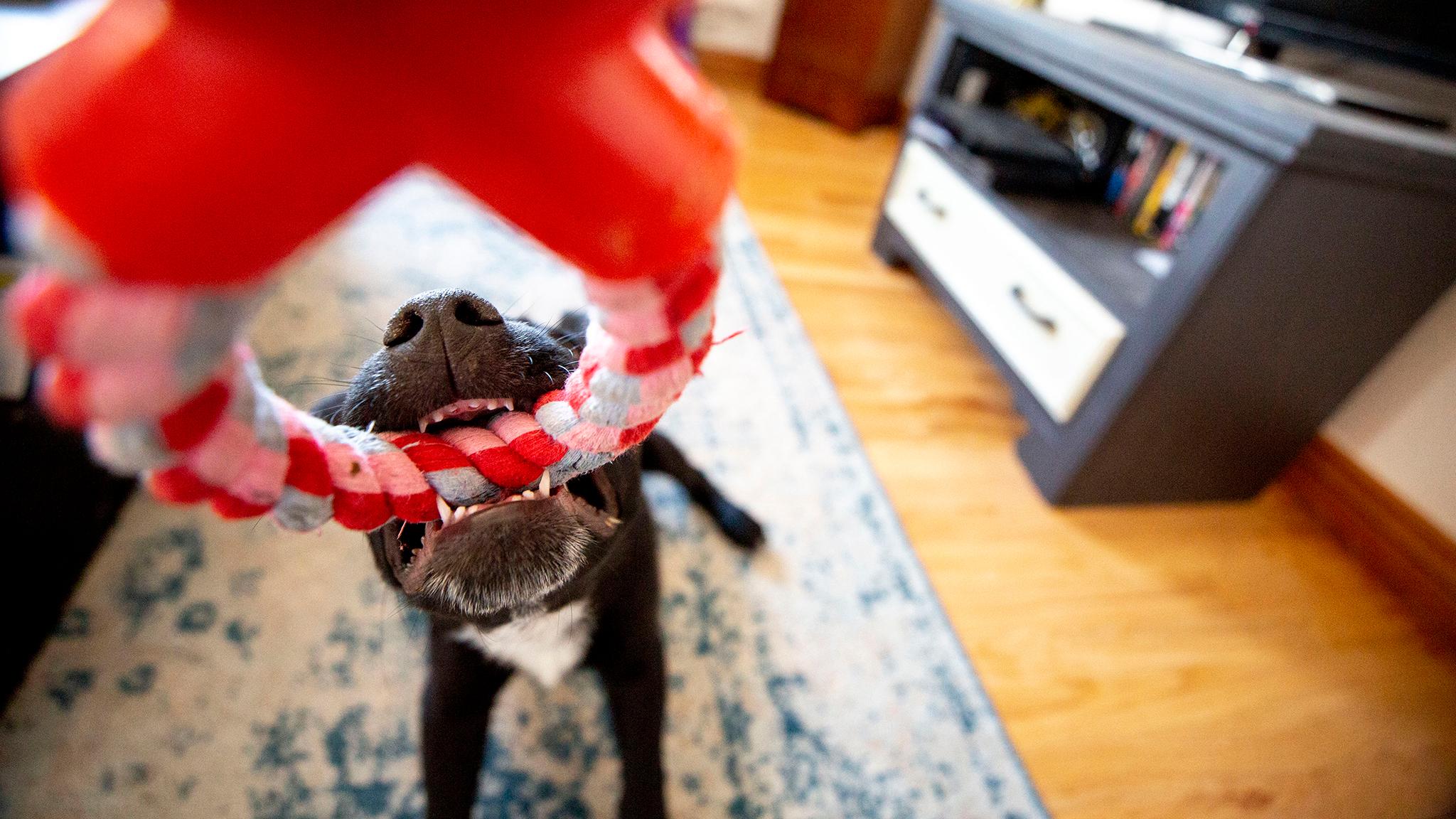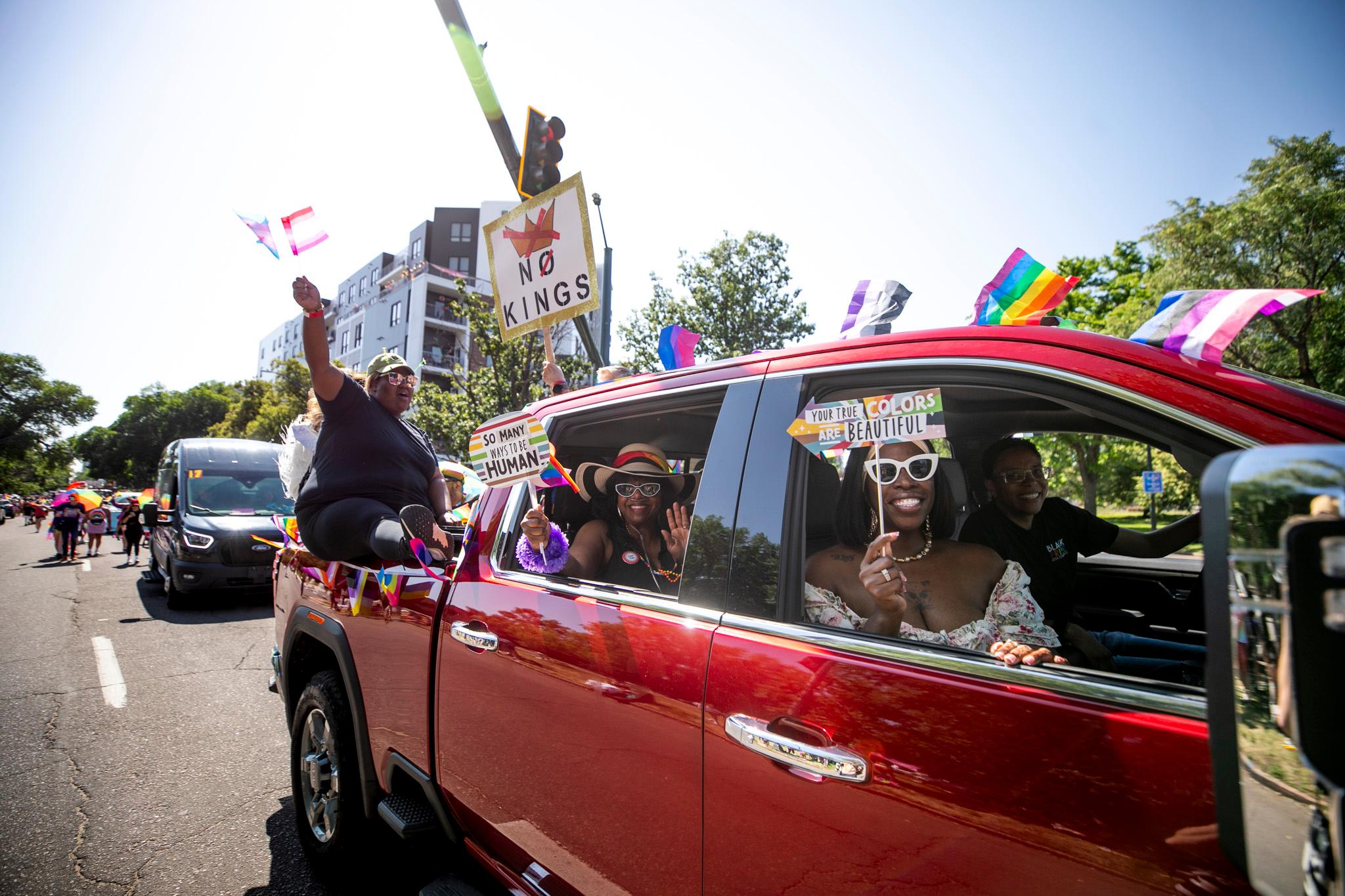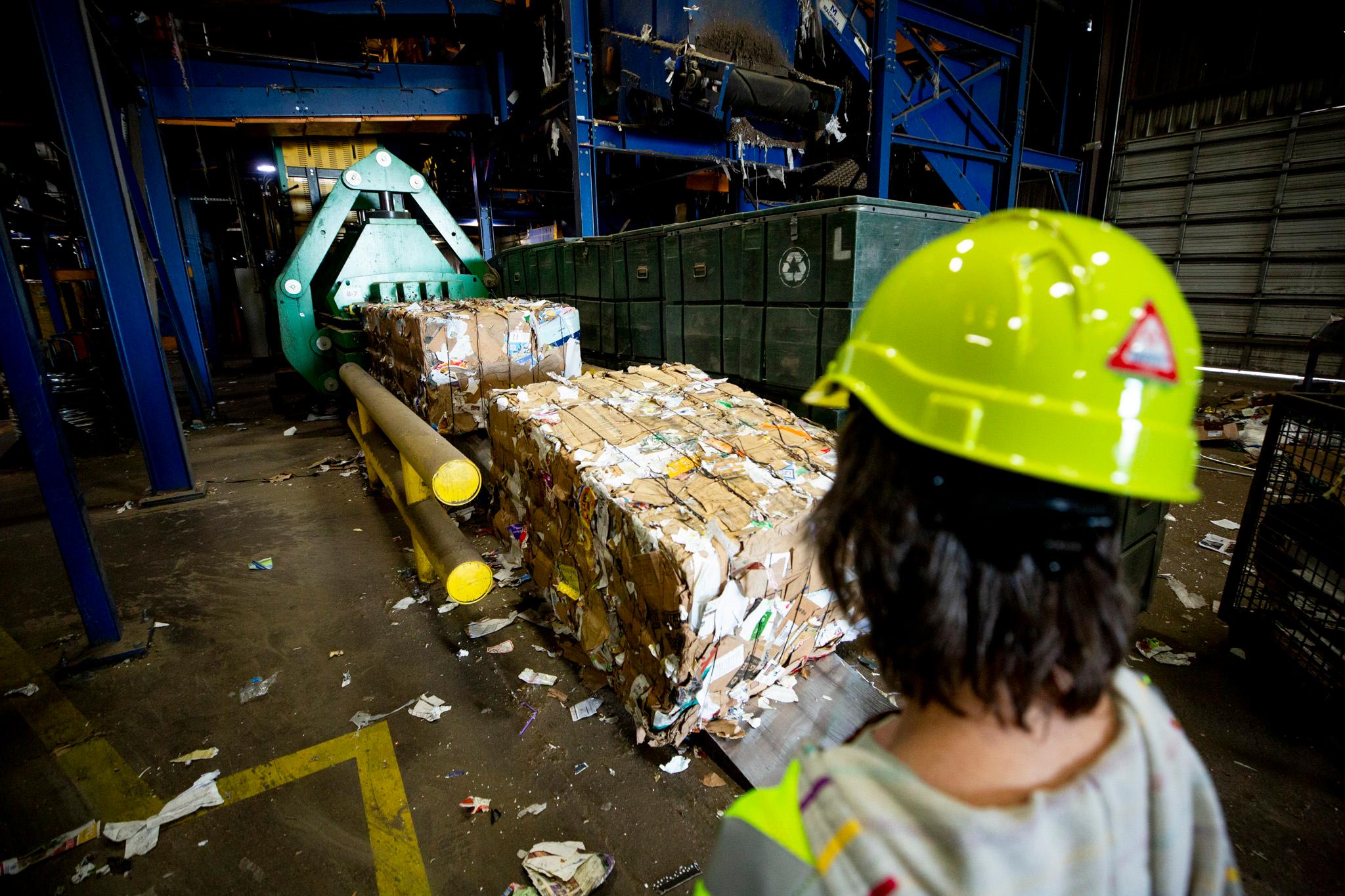Denver City Council may ban the sale of kittens, puppies and bunnies at Denver pet stores.
Currently, this practice is not happening — but advocates say it’s good to get ahead.
The proposed ordinance arose from a concern about how commercial breeders are exploiting animals, proponents argued.
“The methods used for breeding are inherently cruel,” said Councilmember Chris Hinds, the ordinance’s sponsor.
The problem with 'puppy mills' and selling at pet stores
Many of these animals also have hidden medical complications from inbreeding. Pet stores often use predatory lending schemes to finance the animals, leaving customers in debt for animals that sometimes die young because of those health issues.
The health issues caused by inbreeding, coupled with high prices, lead some owners to either euthanize animals they cannot afford to care for or surrender their pets at a shelter that taxpayers ultimately pay for.
And these breeding and selling practices can pass diseases from animals to humans, Hinds said.
The United States Department of Agriculture already provides regulations for commercial breeding, but Hinds argues that current rules are inadequate and the USDA is understaffed.
The agency currently has 77 inspectors looking at 17,000 facilities and cannot handle the scope of work, Science reported in August.
The ordinance would not affect any active Denver businesses
When ordinances such as this are proposed in communities with pet stores actively selling puppies, kittens and rabbits, small business owners come out in droves, trying to protect their businesses.
“The good news is that we don’t have any pet stores that would be affected by this changing ordinance in Denver today,” Hinds said.
As he sees it, it’s essential to pass an ordinance before the practice becomes a problem here.
“Because there are no businesses, that means no lost revenue or sales tax revenue,” Hinds said.
Amy Jesse, the director of public policy for Humane World for Animals, said a multinational company called Petland may be weighing coming to Colorado and has already bought a domain name.
“They have a terrible history,” she said, pointing to lawsuits where people who purchased puppies from the company later learned their new animals were sick.
When lawmakers have had to fight for ordinances after the arrival of Petland stores, the process is arduous and lengthy.
Eight states and more than 500 cities and towns have passed bans on pet shops selling commercially bred puppies, kittens and rabbits.
That includes 24 municipalities in Colorado, from Greeley to Fort Collins and Superior. The state has a law that just went into effect banning the sale of pets in public spaces, including streets, parking lots and parks.
If passed, the Denver ordinance would not block local breeders from selling to the public. It would also allow pet stores to hold adoption events. And it would not block the majority of pet shops from doing other business in Denver, like selling toys, treats and medical products.
Supporters and opponents
The Denver Animal Shelter backs the ordinance. The Department of Public Health and Environment does not believe it would add to its workload or require new employees.
Currently, nobody has opposed the measure. Opponents of similar ordinances, often led by the Pet Advocacy Network, argue that pet choice matters, that businesses will be affected and that it could be a slippery slope into overregulation. Whether a vocal opposition will arise in Denver is unknown.
The full council will consider the ordinance in the coming weeks.











